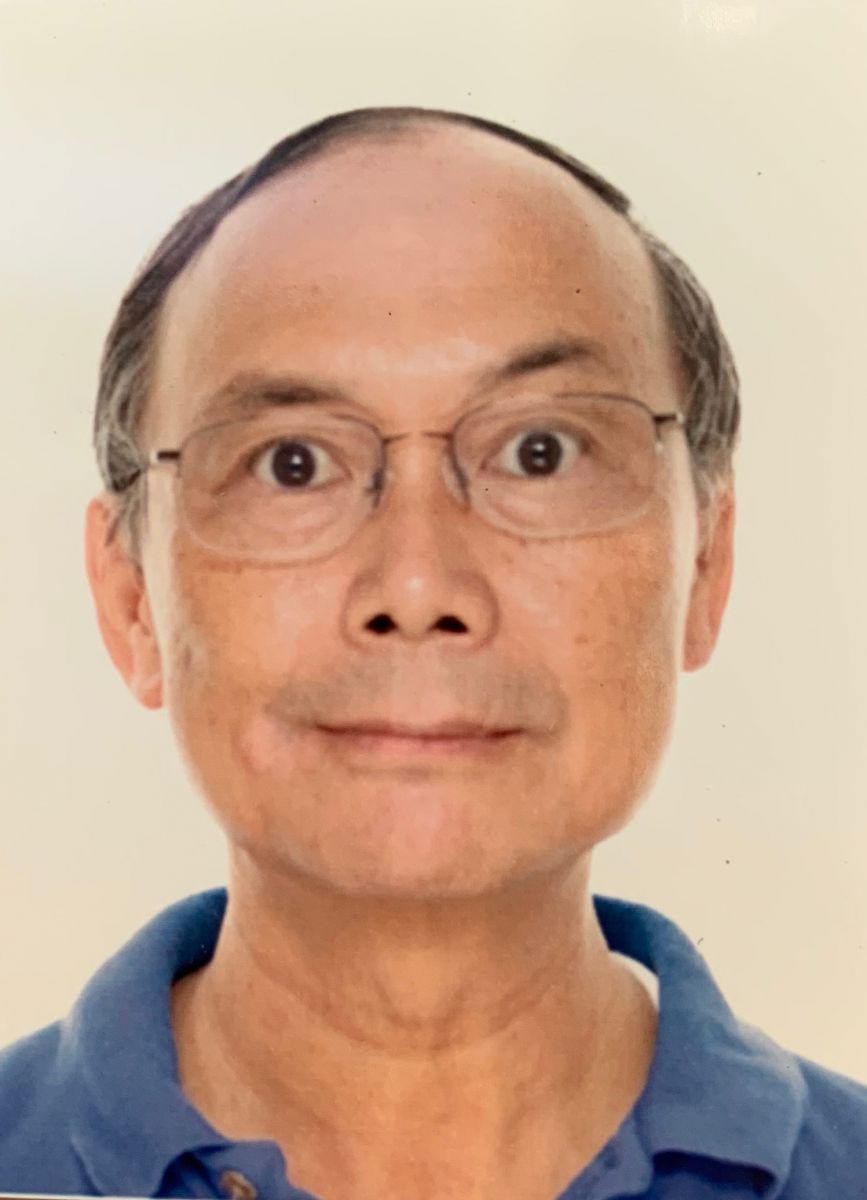About ENABLE Center
The ENABLE (ENgineering in Agriculture Biotech Leadership) Center was established in 2018 to promote interdisciplinary research between the physical sciences/engineering agriculture/biotech at National Chung Hsing University. The Center provides one-year seed funding for 7-8 projects each year with at least one Principal Investigator (PI) one Co-PI in different fields. The goal is to have preliminary results so that the PI Co-PIs can submit a strong proposal to government agencies industry for larger, multi-year project funding.

Charles W. Tu
杜武青
Compound semiconductor materials for electronic, opto-electronic, and photovoltaic devices.
Professor Tu's fields of research include gas-source molecular beam epitaxy (MBE) of III-V compound semiconductor heterostructures and nanostructures. He was the first to set up gas-source MBE systems in U.S. universities. With these systems, his group is able to advance the capability of MBE into arsenide / phosphide / nitride-based heterostructures and nanostructures to improve performance of electronic, opto-electronic, and photovoltaic devices.
Capsule Bio:
Since 2018 Charles Tu is a Mount Jade Scholar and Professor in the Department of Electrical Engineering, National Chung Hsing University, Taichung, Taiwan, and a Distinguished Professor Emeritus of Electrical and Computer Engineering (ECE) in the Jacobs School of Engineering. University of California, San Diego (UCSD). He joined the UCSD faculty in 1988, and was appointed associate dean of the Jacobs School in 2004, after serving from 1999 to 2003 as chair of the ECE department. Tu's research interests include novel III-V compound semiconductor heterostructures and nanostructures for electronic, optoelectronic and photovoltaic devices. He was a Distinguished Member of Technical Staff at AT&T Bell Laboratories from 1980 to 1988. He earned his Ph.D. in Engineering and Applied Science from Yale University in 1978 and his B.Sc. (Hon.) in Physics from McGill University in 1971. He has authored or co-authored more than 440 refereed technical journal papers. Tu is a Fellow of the IEEE, the American Physical Society, and the AVS Science and Technology Society. He received Taiwan's Pan Wen-Yuan Foundation Outstanding Research Award in 2009, the North American Molecular Beam Epitaxy (MBE) Innovator Award in 2011, an honorary doctorate from Linköping University in Sweden in 2013, and the IEEE Region 6 Outstanding Educator Award in 2014.
Capsule Bio:
Since 2018 Charles Tu is a Mount Jade Scholar and Professor in the Department of Electrical Engineering, National Chung Hsing University, Taichung, Taiwan, and a Distinguished Professor Emeritus of Electrical and Computer Engineering (ECE) in the Jacobs School of Engineering. University of California, San Diego (UCSD). He joined the UCSD faculty in 1988, and was appointed associate dean of the Jacobs School in 2004, after serving from 1999 to 2003 as chair of the ECE department. Tu's research interests include novel III-V compound semiconductor heterostructures and nanostructures for electronic, optoelectronic and photovoltaic devices. He was a Distinguished Member of Technical Staff at AT&T Bell Laboratories from 1980 to 1988. He earned his Ph.D. in Engineering and Applied Science from Yale University in 1978 and his B.Sc. (Hon.) in Physics from McGill University in 1971. He has authored or co-authored more than 440 refereed technical journal papers. Tu is a Fellow of the IEEE, the American Physical Society, and the AVS Science and Technology Society. He received Taiwan's Pan Wen-Yuan Foundation Outstanding Research Award in 2009, the North American Molecular Beam Epitaxy (MBE) Innovator Award in 2011, an honorary doctorate from Linköping University in Sweden in 2013, and the IEEE Region 6 Outstanding Educator Award in 2014.
